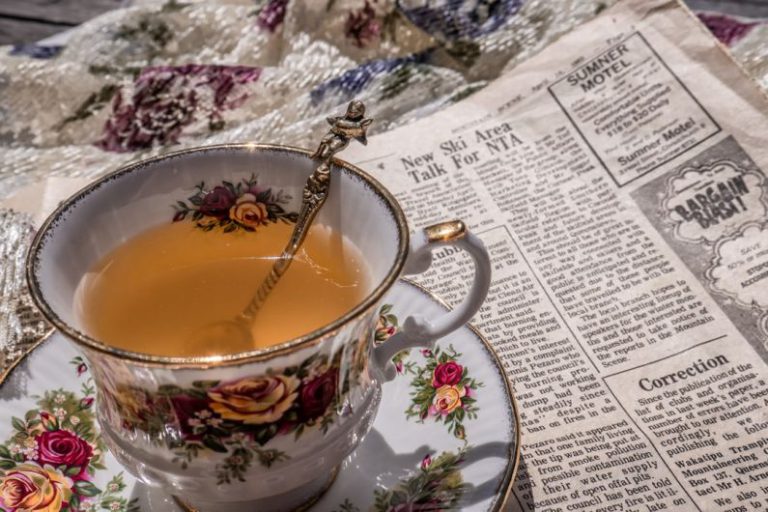The Boston Tea Party: a Revolutionary Cup of Tea
In the annals of American history, the Boston Tea Party stands out as a pivotal event that fueled the flames of revolution against British colonial rule. This iconic act of protest, which took place on December 16, 1773, in Boston Harbor, was more than just a simple tea-dumping escapade. It was a bold statement by the American colonists against the oppressive policies of the British government, setting the stage for the American Revolution that would ultimately lead to the birth of a new nation.
The Prelude to Rebellion
Before delving into the events of the Boston Tea Party, it is crucial to understand the context in which it occurred. Tensions between the American colonies and the British government had been steadily escalating for years, primarily due to the imposition of various taxes and regulations by the British Parliament. The Tea Act of 1773 was the final straw that broke the camel’s back, as it granted the British East India Company a monopoly on the American tea trade and imposed taxes on tea imports, without the consent of the colonists.
The Spark of Revolution
The colonists saw the Tea Act as a blatant attempt by the British government to assert its authority and maintain its dominance over the colonies. In response, the Sons of Liberty, a secret organization of American patriots, took matters into their own hands. Disguised as Mohawk Indians to conceal their identities, they boarded three ships – the Dartmouth, the Eleanor, and the Beaver – and proceeded to dump 342 chests of tea into Boston Harbor.
The Aftermath and Impact
The repercussions of the Boston Tea Party were swift and severe. The British government, outraged by the destruction of the tea, passed the Coercive Acts, also known as the Intolerable Acts, as a punitive measure against Massachusetts. These acts further fueled the colonists’ anger and galvanized them in their resolve to resist British oppression. The Boston Tea Party served as a rallying cry for the American patriots, uniting them in their quest for independence and freedom.
Legacy and Lessons
The Boston Tea Party left an indelible mark on American history, symbolizing the colonists’ defiance and determination to fight for their rights and liberties. It demonstrated the power of collective action and civil disobedience in the face of injustice, inspiring future generations to stand up against tyranny and oppression. The spirit of rebellion and resistance that was kindled on that fateful night in Boston Harbor would ultimately culminate in the Declaration of Independence and the birth of the United States of America.
Embracing the Legacy
Today, the Boston Tea Party serves as a reminder of the power of ordinary individuals to effect change and challenge authority. It is a testament to the enduring legacy of those brave patriots who risked everything to stand up for what they believed in. As we reflect on this historic event, let us draw inspiration from the courage and conviction of the Sons of Liberty and strive to uphold the principles of freedom, democracy, and justice for which they fought.
In conclusion, the Boston Tea Party was not just a simple act of defiance; it was a revolutionary statement that reverberated across the colonies and paved the way for the birth of a new nation. Let us raise our metaphorical cups of tea to the brave men and women who dared to defy tyranny and sow the seeds of liberty for future generations to reap. The Boston Tea Party will forever stand as a symbol of resistance, resilience, and the unyielding spirit of the American people.






